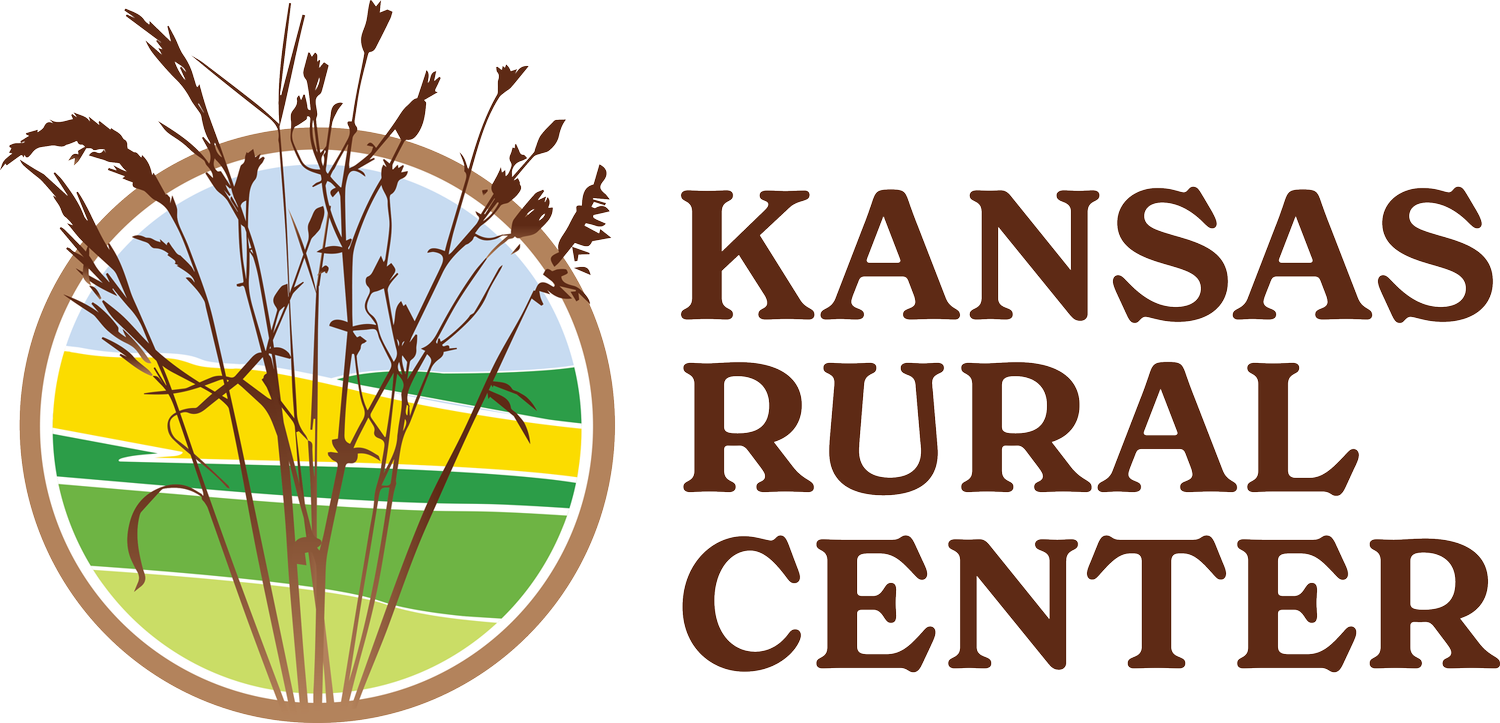Permanently Protecting Land in Kansas
A Tragic Event Becomes the Catalyst for Positive Change
Steinfort conservation easement in Geary County. Photo credit Jerry Jost
Akin Prairie Wildflower Walk in Douglas County led by Kelly Kindscher. Photo credit Jerry Jost.
Moyer Ranch conservation easement in Geary County. Photo credit Bruce Hogle
The native prairies of Kansas are ecological treasures thousands of years in the making. In 1990, a single plow destroyed one of these treasures overnight.
The destruction of the 70-acre Elkins Prairie west of Lawrence was carried out by a new landowner who wanted to ensure that the land would be available for development. Ignoring requests from the county, city and local advocates to preserve the land, the owner plowed the prairie in the dark hours of an early November morning.
Fortunately, the tragic plowing of the Elkins Prairie ended up having some positive impacts. A group of people who had witnessed the prairie’s destruction committed themselves to figuring out ways to prevent something like this from happening again.
Recognizing that Kansas landowners needed a tool that would allow them to conserve their land, the group worked in collaboration with a variety of agricultural and environmental organizations to promote and bring about state legislation that authorized the use of conservation easements in Kansas. With this legislation in place, the Kansas Land Trust was born.
Conservation Easements: Voluntary and Forever
A conservation easement is a recorded deed that a landowner can voluntarily place on a piece of property to specify the allowed land uses and restrict future development on the land. These rights and restrictions stay with the land through all future landowners. Conservation easements are the central tool used by KLT.
“At KLT, we conserve natural open spaces for all future generations by developing and managing conservation easements- a permanent legal agreement between the Kansas Land Trust and voluntary landowners where KLT promises the protection of land forever,” says KLT Executive Director Kaitlin Stanley.
The Kansas Land Trust’s easements protect and preserve lands of ecological, agricultural, scenic, historic, or recreational significance. Once an easement is established on a piece of land, the Kansas Land Trust holds the development rights in perpetuity—meaning forever. KLT visits each of its protected properties yearly to ensure that the terms of the easement are being honored and works with landowners to connect them with land management resources. Acting as forever stewards of its protected properties is a commitment that KLT takes seriously.
“ Each KLT easement is unique and every KLT easement is monitored annually. Perpetual monitoring of land, a guarantee of Kansas Land Trust conservation easements, provides insights into ecosystem vulnerabilities and can help ensure easements are managed well and their conservation values are protected through time,” Stanley says.
To date, KLT has conserved more than 40,000 acres in 22 counties, across 80 properties in Kansas, with more than 1,300 of those acres being open to the public. The Kansas Land Trust is one of thousands of land trusts across the U.S. and one of a handful in the state of Kansas.
Positive Impacts for All
The list of long-term benefits gained from land conservation is extensive. Protecting prairies and woodlands preserves biodiversity, wildlife habitat and scenic landscapes. Protecting stream banks reduces flooding and erosion and improves water quality. Conserved agricultural lands help ensure resilient local food systems. Expanding public access to protected lands provides increased connection with nature and improved physical and mental health.
As extreme temperatures, drought, flooding and wildfires become more common, the fact that land conservation can help slow the effects of climate change by storing carbon is a particularly notable benefit.
“Although there is evidence that nature-based solutions, such as land conservation, are the most cost-effective and immediate way to decrease the impacts of climate change, they only receive around 2.5 percent of available funding for climate mitigation,” says Stanley. “Land conservation is a tangible, immediately available, and cost-effective climate solution.”
KLT Community
Author: Liz Weslander, Communication Specialist - Kansas Land Trust
Kaitlin Stanley, Executive Director - Kansas Land Trust
While conserving land is the central mission of KLT, providing opportunities to connect with nature is also an important part of their work. The organization regularly offers public walks, volunteer workdays and other fun events on protected properties.
On Saturday, October 7th, KLT will hold its Tenth Annual KLT Conservation Classic Disc Golf Tournament on the Thornfield Disc Golf Course in Johnson County. Thornfield, a private course used exclusively for fundraising events, is located on one of KLT’s protected properties and is nestled within woodlands, meadows and streams along the Blue River. All levels of players are welcome, and all proceeds benefit KLT.
For more information on events and ways to support KLT, visit www.klt.org. Landowners interested in learning more about conservation easements can contact KLT at 785-749-3257.







